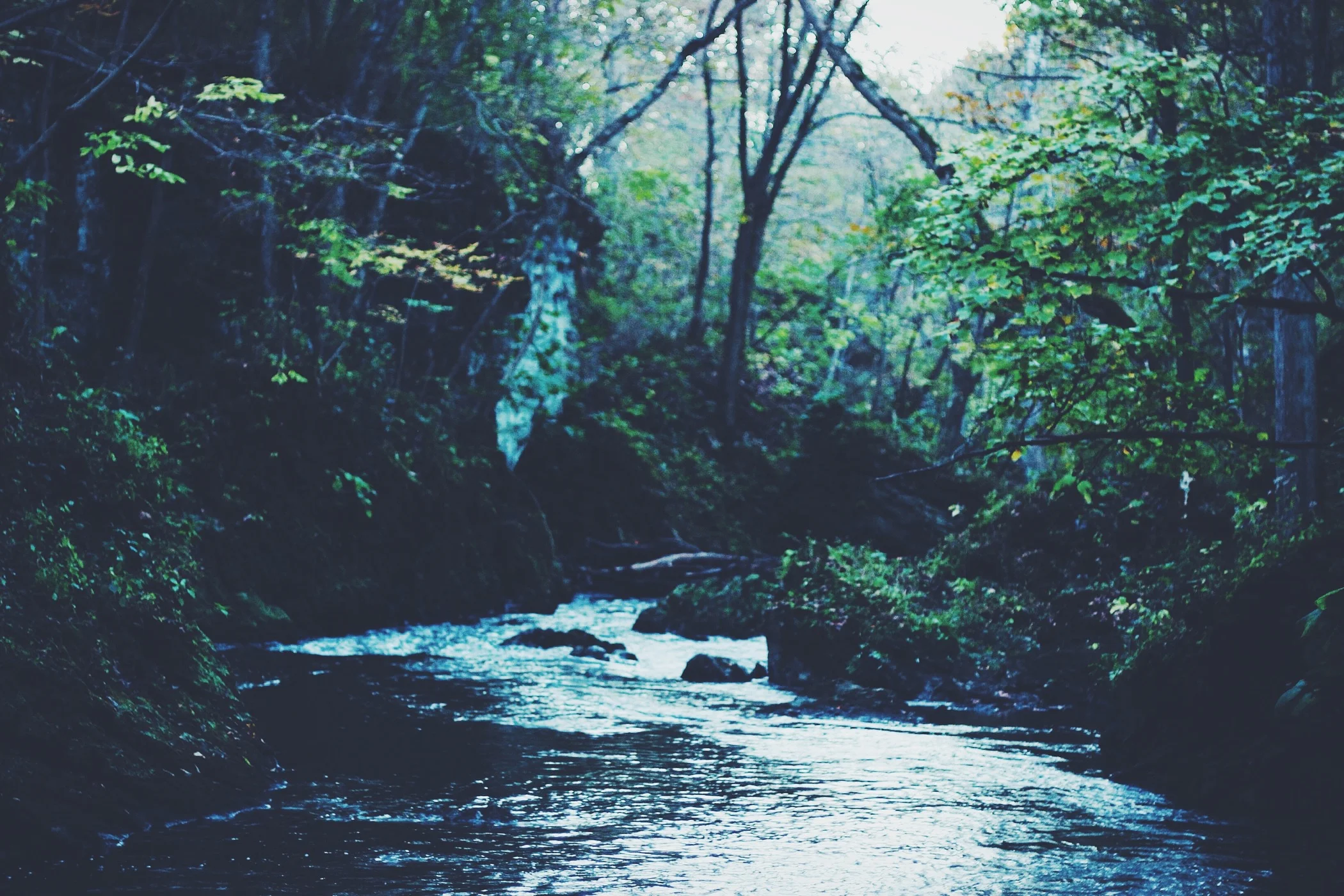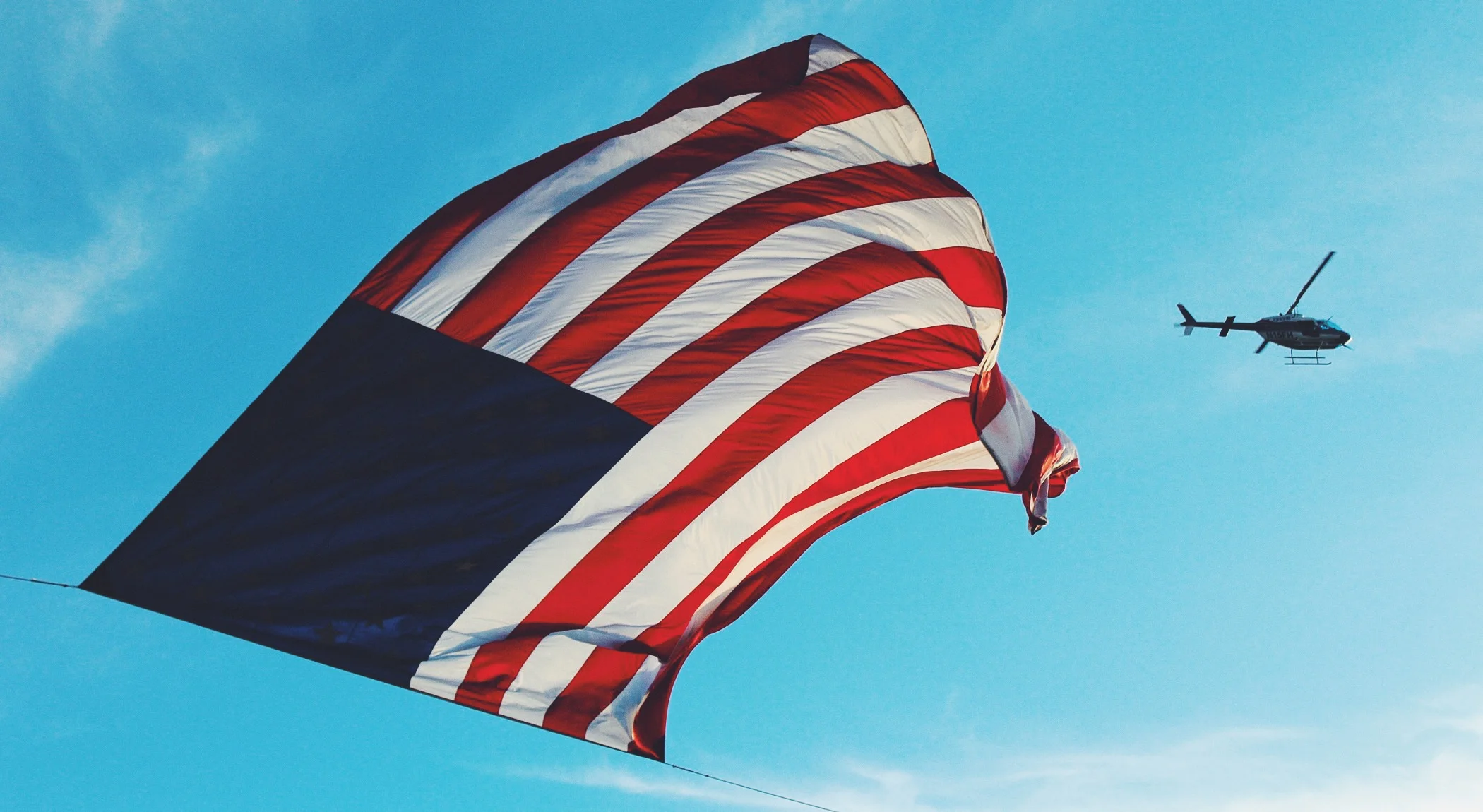Thoughts From a Millennial Conservationist
The thrill of a hookset on a big calico bass will never grow old for me. When these fish decide to go after a bait that is swimming just under the surface in gin clear water, it is a sight to be seen. The fish bursts out of the water like a torpedo, immediately grabs the bait, puts its head down, and swims with all its might in the other direction. The adrenaline from this very brief moment keeps me coming back for more.
But my passion for fishing has transformed into something more; at first I was fishing as just something to do, but now it is my favorite thing to do. There is never a time when I’m not thinking about new lures, different colored baits, and game plans for fishing trips. But it has also turned my attention to how to make sure these ecosystems --- that have given me so much --- will last longer than I do; so that one day I can share my passion with my kids.
Through my love for fishing I’ve become a conservationist. Fishing has taken me to amazing places- from the rugged coast of Northern California, all the way to peninsula in Baja California. In each of these places, I have learned in different aspects why it is important to emphasize such things as practicing catch and release, only keeping what you can use, and the importance sparing fish that have not yet reproduced. It’s these experiences that have made me understand the importance of preserving the very fragile ecosystems.
A Shared Story
My story is becoming more and more common in the current generation. Not only in Southern California’s tight-knit salt water bass community; but also in the Pacific Northwest, and areas where fly fisherman reside. Fly fisherman have always been more in touch with the environment than most anglers- often targeting highly migratory fish in very fragile ecosystems. The overwhelming majority of them practice catch and release, and go to very long lengths to ensure the prized catch isn’t damaged in the process. There is also a very large grass roots movement championed by fisherman and conservationists alike to remove dams in order to restore the salmon runs that were once very prevalent in the Pacific Northwest. These anglers maintain a well-developed respect for the fishery and ecosystems that have given them so much.
But it’s not just sportsmen and outdoor enthusiasts that are concerned about the well being of planet and the conservation of the ecosystems they spend time in. According to a Gallop poll, the majority of what they called “concerned believers” of Climate Change fit in the millennial demographic. This finding is reaffirmed in a more drastic fashion in another Gallop Poll. The firm asked which of the two participants favored- the conservation of the environment or economic growth. The 18-29 age group overwhelmingly chose the environment over economic growth by a margin of 60% to 30%. Millennials all over the United States are recognizing the dangers of climate change, and it’s reflecting this group’s awareness of the importance of natural resources.
Political Implications
A fundamental shift is taking place in how people are thinking about climate issues and the importance of preserving our resources. At the foundation of this movement lies the American Youth.
This major shift in the opinions of millennials in regards to environmental policy will almost certainly have an impact on 2016 elections. Securing the youth vote will give a much needed bump to a presidential hopeful, and some politicians are taking notice of this trend. Vermont Senator Bernie Sanders - a democratic hopeful and millennial token - is one candidate who’s directly responding to the movement. While on Real Time with Bill Maher last month, he explained, “What we want to do Bill, is tap the idealism of the kids. The kids are saying for example, this country should lead the world in transforming our energy system and dealing with climate change, and that’s an issue that we will talk about a lot.” Not only did he acknowledge the importance of the youth vote, but is actively listening to what is important to them.
While climate issues might not be the most important issues to every young American, or perhaps not even as pressing as complex national economic and security issues, it is still important for the Youth to find what we care about, and find or push a candidate to take action. And making our voice heard isn’t just important for rising voters, but for everyone invested in the democratic process. Even though there is more money in politics than ever before, the grassroots movements of old are not behind us. There is power in numbers, and we can make a difference.
by reed perkins


